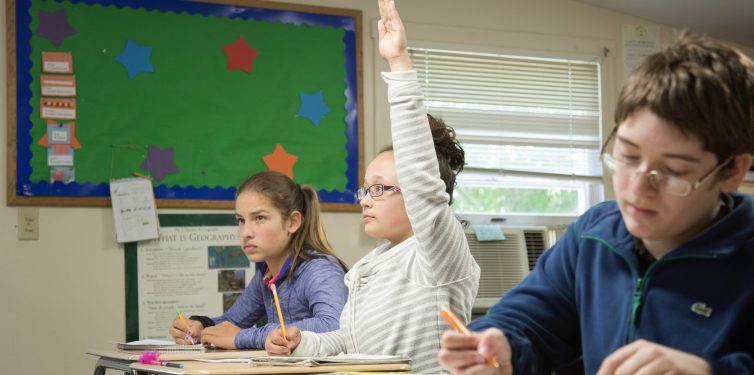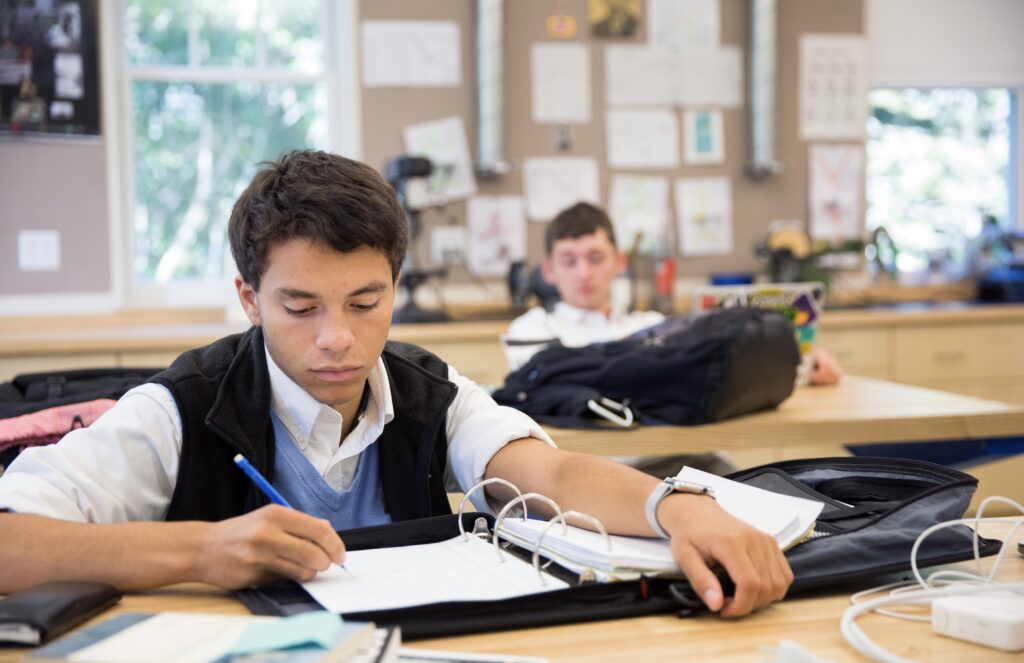The Power of Self-Reflection
There are many resources and strategies available to help improve their executive function skills. Teaching students to reflect on their productivity and work habits is essential for developing strong executive function abilities.
Reflection in Action
To get important insights into their students’ skills, classroom teachers can provide students with simple questionnaires about their work habits and attitudes towards school and other routines. If students complete self-questionnaires at the beginning of the school year, the classroom teacher can be provided with knowledge about their strengths, weaknesses, interests, and needs. This information can be extremely useful when considering the classroom environment and designing lesson plans and units. In addition, questionnaires can be used as a basis for reviewing the students’ results with them and using the information to help guide them to form individual goals for specific quarters or the whole school year. This procedure allows the students to hone in on skills they need to practice or address, and it provides them with a focus for skill development. Lastly, teachers can use questionnaires to compare their own information with self-reflections provided by their students. If both the teacher and the student fill out a questionnaire concerning the student, comparing and discussing those results can be enlightening and informative. Useful discussions can be formed around the similarities or disparities in the assessments, allowing for developing strategies to improve student results and/or providing more cohesion.
For sample questionnaires, please click the following links:
- Executive Function Questionnaire for Young Students
- Executive Function Questionnaire for Older Students
Beyond questionnaires, teachers can employ several strategies and supports in the classroom to boost students’ effectiveness with executive function skills.
- Self-Awareness Building: Use reflective tools, including questionnaires, goal-setting, and journals. Questionnaires allow students to reflect on specific skills and their development with those skills. Creating goals based on strengths, weaknesses, and areas for improvement gives the students something tangible to work toward and also allows for productive conversations about progress toward meeting those goals.
- Planning: Have students complete step-by-step plans for each assignment. Throughout the process, have students reflect on their progress toward the end result. Discuss with the student what went wrong, what went well, and what can be changed to reach a better outcome.
- Managing Focus: Include multi-sensory teaching strategies that actively engage the students in the lesson. The more hands-on the lessons can be, the better the students will focus.
- Managing Materials: Create a system for managing classroom materials and stick with it. Model that system for the students and take the time to ensure each student has set up a similar system with which s/he can follow through. Once those systems are in place, provide the students with direct instruction about keeping those materials organized. When handing out paper, label it specifically and tell the students where to put it. Allow time to ensure they have each followed the instructions. As time progresses, start scaling back the support, and the students will hopefully follow the method independently.
- Managing Time: Practice having students estimate the amount of time a given task will take. Once the students have finished that task, have them reflect on their estimation versus reality and how to make those numbers equal.
- Managing Language: Provide note-taking templates and structures for outlining written compositions so that students know exactly what information they are looking for.
- Managing Emotion: Before beginning lessons, consider exploring simple meditation tactics to reduce stress and manage emotions.
- Managing Effort: Have students reflect on their behavior and effort. Use this reflection to drive conversations around where the student is doing well and how s/he could improve. This could be done within the class daily or even weekly.
- Self-Advocating: Provide students with structured support, including scripting, to show them how to communicate appropriately by using the correct language. Brainstorm this process together and supply insight into why or how certain ways of communicating may be more efficient.
References:
Newhall, P.W. (2014). Executive function: foundations for teaching and learning. Landmark School Outreach Program.



